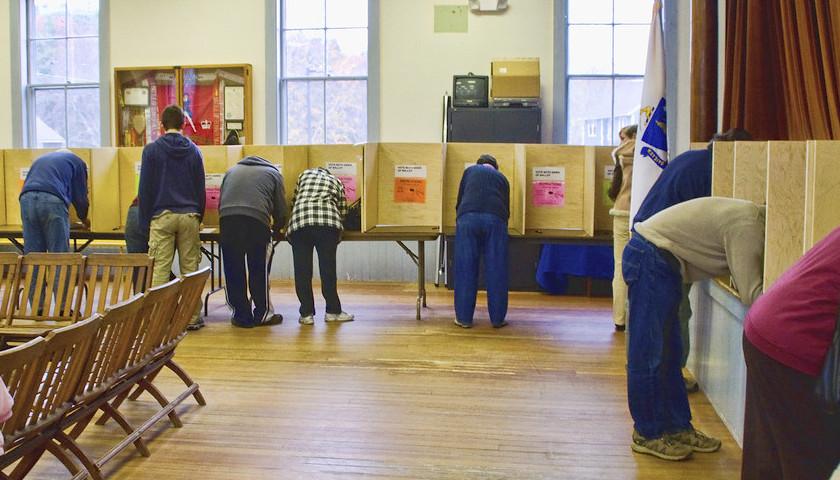U.S. Rep. Austin Scott (R-GA-08) said grocery products are rising in price due to the increased cost of inputs farmers are facing.
Scott addressed the matter in a newsletter to his constituents Sunday.
“These [inputs] can include the seeds and chemicals used to grow and protect crops in the field, as well as the cost of boxes and packaging materials to get products from the farm to the store. The costs of fuel and transportation also play a role,” Scott said.
“Higher fuel prices mean higher food prices. There is a misconception that farmers are making record profits as the cost of farm products rise, but farm revenues remain at about $0.10/per $1 for each product – the same as before the pandemic.”
Scott also said that, unfortunately, Americans aren’t seeing the impact of inflation at just the grocery store.
“The costs of gasoline, clothing, and health care are also stretching the budgets of American families,” Scott said.
“In fact, inflation is growing faster than paychecks are, and we will face more severe consequences if Joe Biden and the Democrats continue to pay people not to work.”
Georgia Organic Peanut Association Executive Director Peri Cooper lives in Sumter County, which produces a large supply of green beans. She addressed the matter last week at a U.S. House Agriculture Subcommittee hearing on biotechnology, horticulture, and research.
“One thing that we observed this past year is that these large green bean-packing houses are typically sending things to Atlanta to serve larger urban markets. They started opening their doors for local residents to come in and pick up a couple of pounds of green beans from the farmer down the road who had been sending everything out to a larger open market,” Cooper said.
“There just needs to be scale-appropriate infrastructure so that farmers don’t feel the pressure to go to these large markets.”
Scott, meanwhile, said Americans may soon see a shortage of fruits and vegetables on shelves because of supply chain problems with boxes.
On Sunday, Scott said the global food index is 33.9 percent higher than a year ago.
– – –
Chris Butler is an investigative journalist at The Tennessee Star. Follow Chris on Facebook. Email tips to [email protected].





